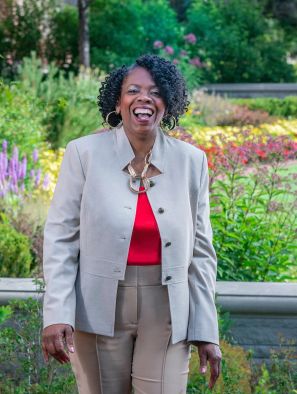As Black History Month ends
As Black History Month ends and we turn to National Women’s History Month, I look at the intersectionality of being a Black woman and feel like these two months are for me! I also believe Black History and Women’s History cannot be encapsulated within a set time. It will take generations and lifetimes to understand, acknowledge, and appreciate the enduring legacy and value of Black women.
A few things that come to mind begin with the first African women in this country and end with a recent history-making act.
Black women helped birth this nation (literally) as granny-midwives attending to Black and European birthing women as early as the 1600s. They brought their wisdom and skills from Africa. As obstetrics emerged and adopted a male-dominated and hospital-led medical intervention by the late 19th century, the work of these women began to diminish.
Black women were engaged in the women’s suffrage movement and helped to ensure the passage of the 19th Amendment. It would be a full 40 years later before there was legislation that would grant Blacks the right to vote with the passage of the Voting Rights Act of 1965.
My great-grandmother among them, Black women supported white families by caring for their children and cleaning their houses—houses they would not have otherwise been able to step foot inside. This was true not only because of poverty wages but also because of redlining practices that simply wouldn’t allow it.
And though Black women took an active role in the civil rights movement so that Black America could gain equal rights under the law, the dream of equal treatment continues to be just that—a dream. Many examples illustrate why this dream has yet to be attained. In states without protection by the CROWN Act, which stands for “Creating a Respectful and Open World for Natural Hair,” Black women (as well as girls, boys, and men) can be subject to discrimination in workplace and educational settings for how they wear their hair.
There are also examples that happened during Black History Month this year, however, that give me hope:
A full circle moment happened when three men were found guilty of violating the civil rights of 25-year-old Ahmaud Arbery when he was killed during Black History Month 2020.
Two months after Derek Chauvin was convicted of three charges for the murder of George Floyd at the end of last year, three former police officers at the scene were convicted of violating Floyd’s civil rights.
And history was made when the President chose a Black woman, Judge Ketanji Brown Jackson, to be his nominee to the Supreme Court.
It seems quite fitting that the nomination happened during Black History Month and the confirmation hearings are scheduled to begin during Women’s History Month.








